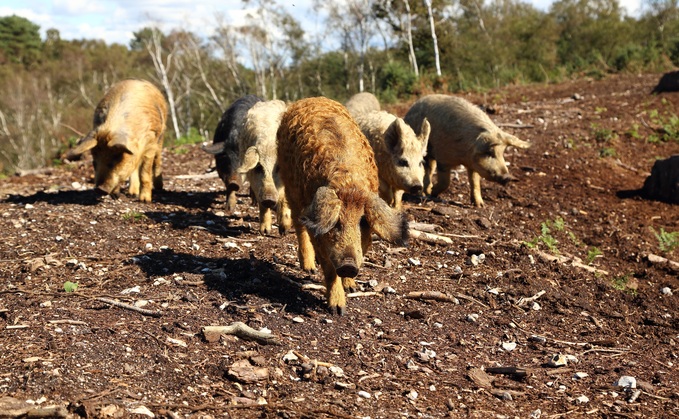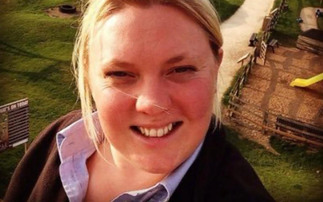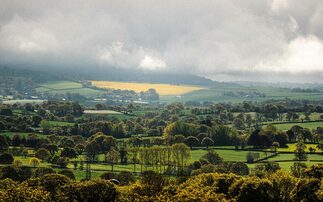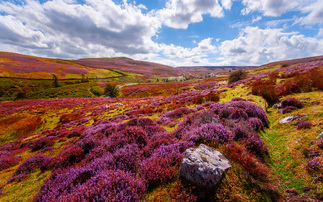
Mangalists pigs settle into their new home at Purbeck Heaths National Nature Reserve. Credit: National Trust Images Terry Bagley
The National Trust recently unveiled the 1,370-hectare open ‘savannah' which has been created as part of the Purbeck Heaths National Nature Reserve (NNR) . The introduction of the grazing animals forms...




.png)






